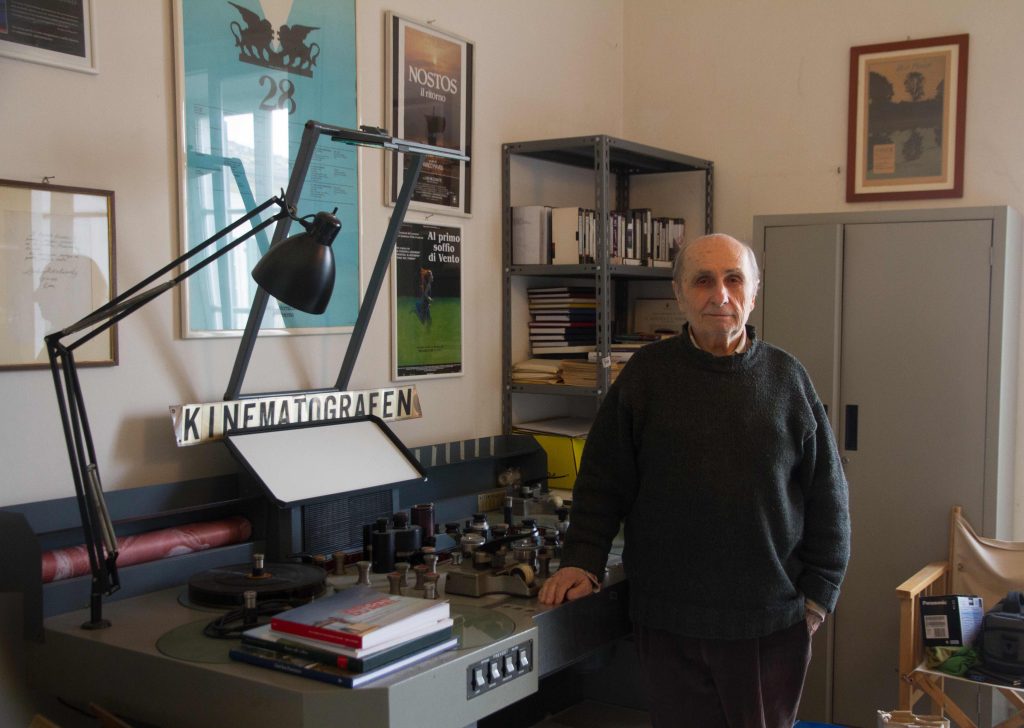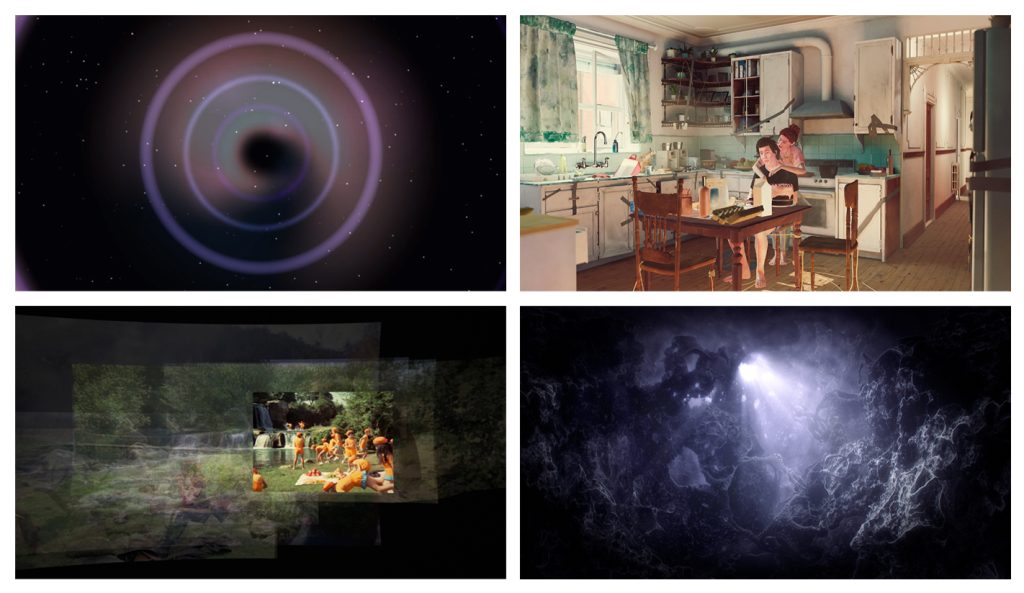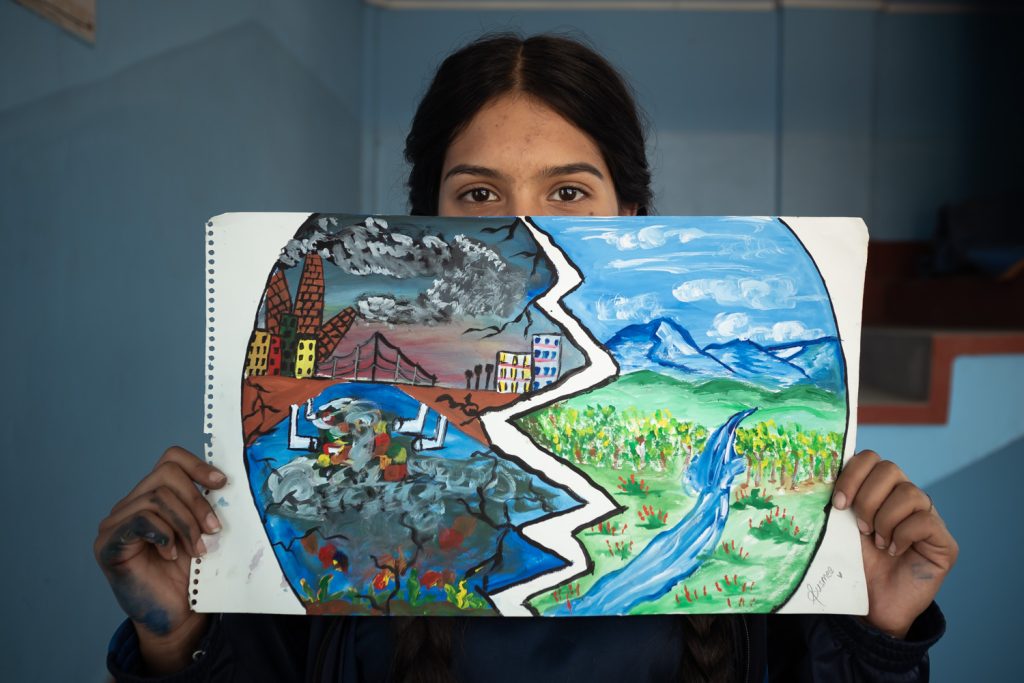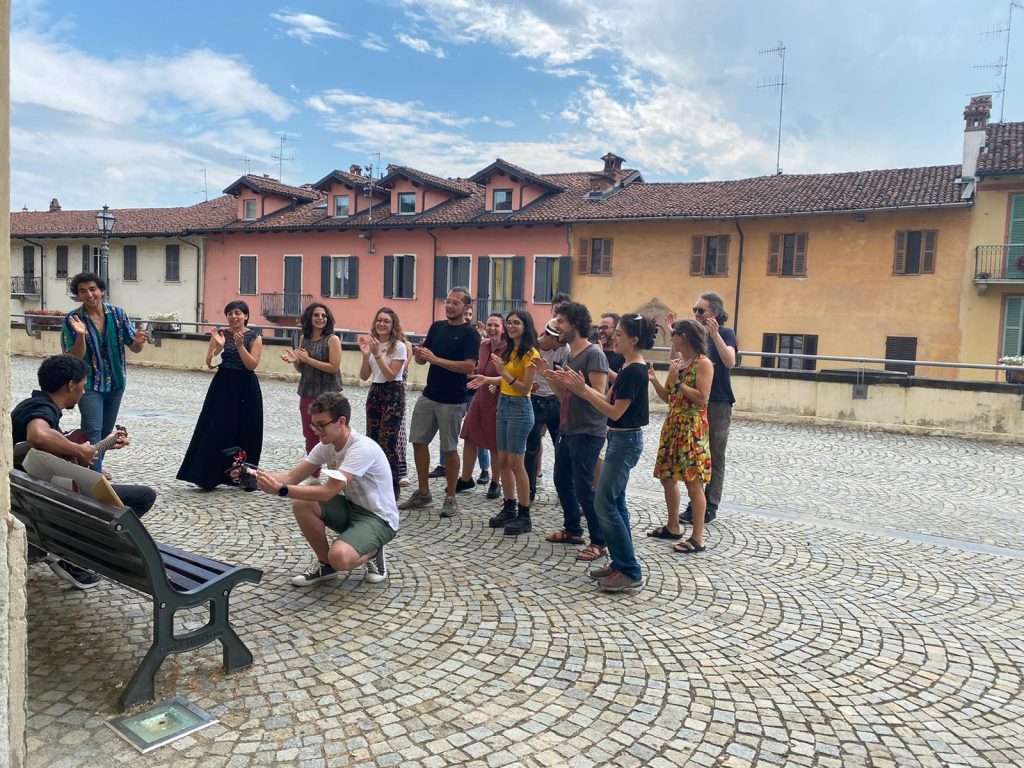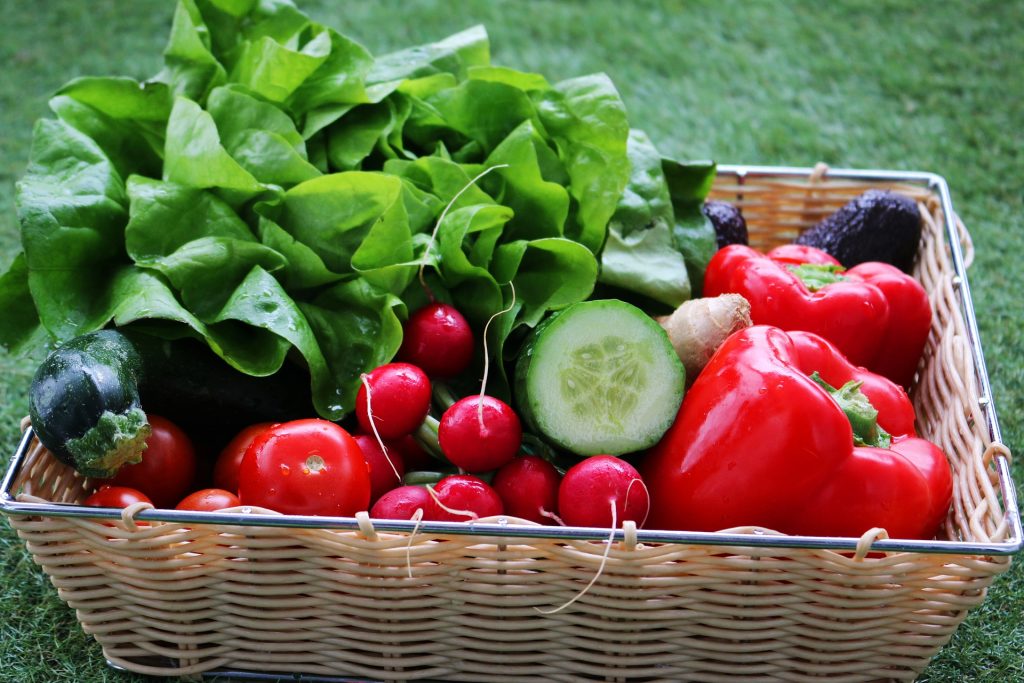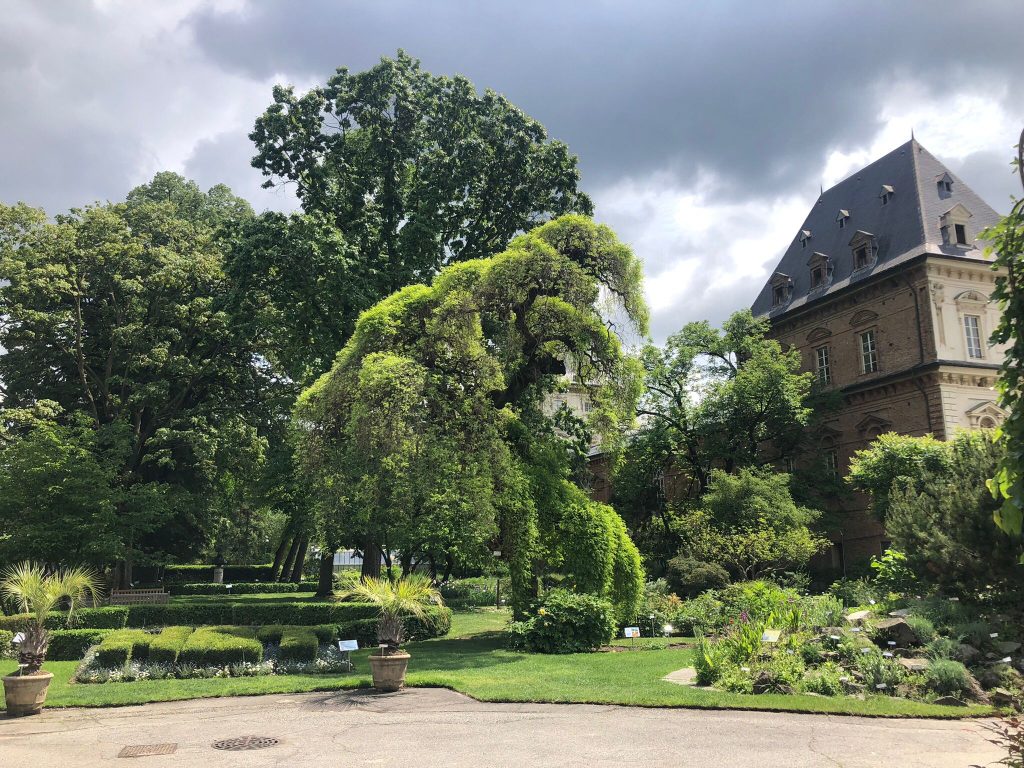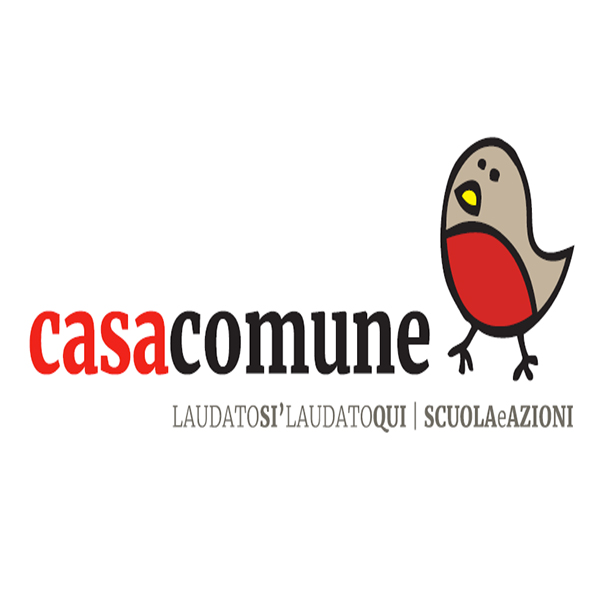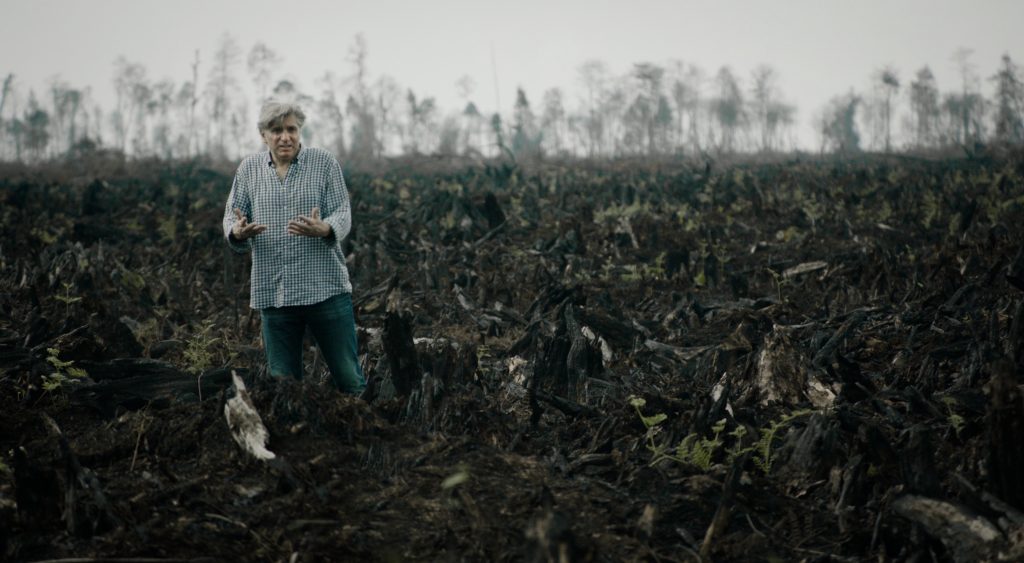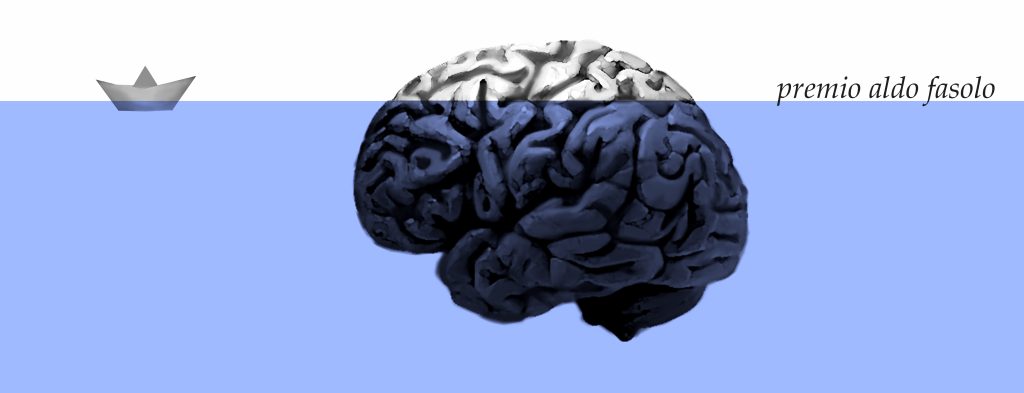The award Dalla Terra alla Terra offered by Biorepack, a consortium of the CONAI system and European leader in biodegradable plastic packaging, is given to a person or film that best illustrates soil-related problems, protection against pollution and the effects of climate change, and sustainable food production. On the occasion of the second award presentation, the commission composed of representatives from Biorepack and CinemAmbiente have selected the social ecology theorist Vandana Shiva, quantum physicist, philosopher, and economist.
Political and environmental activist, tireless advocate of the need for new paradigms in agriculture and food supply, Shiva has since her studies in India and Canada dealt with questions related to intellectual property rights, biodiversity, bioethics, and the social, economic, and geopolitical implications of biotechnology and genetic engineering.
Born in Uttar Pradesh, northeast India, she grew up in the Rajahstan forests, on a farm run by her mother, a former schoolteacher, where she was fascinated by nature’s majesty. Coming from a progressive family, she was a member of the circle of intellectuals and disciples of Mahatma Gandhi devoted to culture and civil and social rights.
On her return to India in the 1980s she took the post of researcher in agricultural and environmental policies at the Indian Institute of Sciences and the Indian Institute of Management. In 1991 she founded the Nadanya (new seeds in Hindu) movement for the defense of autochthonous seeds against multinationals based on the concept that the plant varieties selected by local famers over the centuries constituted intellectual property. Today, Navdanya has about 70,000 members, mostly women, who practice organic farming in 16 Indian states, with a network of 65 seed banks that store about 6000 autochthonous varieties. It also runs the Bija Vidyapeeth (seed school), which teaches sustainable practices.
Shiva travels widely to Africa, Europe, Latin America, and Asia where she participates in international conferences and in the battle against genetically modified organisms, unlimited growth, and inequity of resource allocation due to globalization.
“Today we are witnessing an unprecedented concentration of the international agribusiness in which three aspects converge through the patent system: control of the seeds, the chemical industry, and biotechnological innovation. The right to food, the right to food security and availability is a right people need to fight for like the right to vote. You don’t live or die whether you have the right to vote but you do unless you have the right to food security.”
Her publications have been translated in many languages. Of particular interest is Monocultures of the Mond(1995), on which Ermanno Olmi’s documentary Terra Madre (2009) was based.


